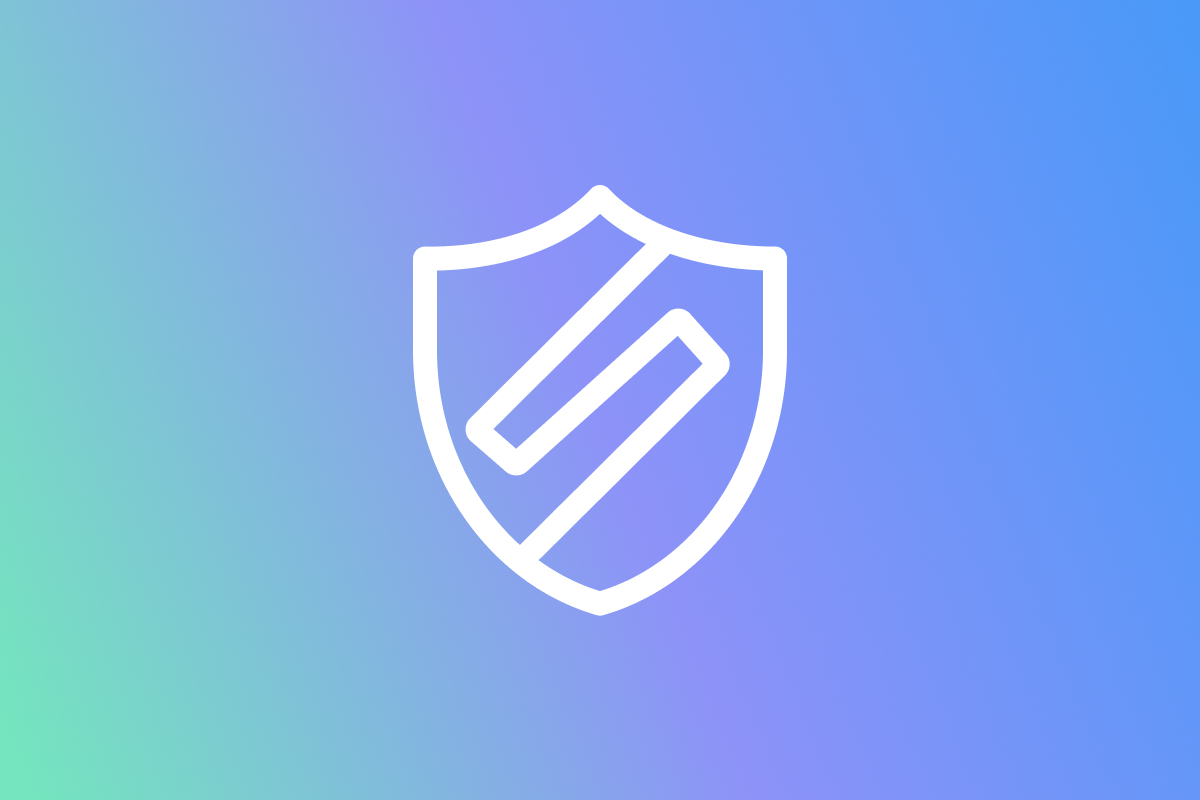Even before the COVID-19 outbreak began, the workplace has been steadily turning to the option of remote work environments. According to the American Community Survey (ACS), 5.7% of employees in the United States worked remotely in 2019. However, that percentage saw a sharp increase during the first surge of COVID-19 cases — ACS reported that as of May 2020, 40% of U.S. employees were working from home at least part-time.
This “work-from-home” movement continues to be the norm today for millions of workers. While it is true that working from home brings a different level of convenience, it’s also far too easy to get comfortable, especially in terms of protecting your personal information on various online platforms. Working remotely means that you’re not only relying heavily on technology but often doing so without the protection of your business’ more secure devices and internet security solutions. This, combined with the comfort of working from home, may cause you to let your guard down — a trap that could lead to identity theft if you’re not taking the necessary precautions.
Causes of identity theft in today’s highly-digitalized world
With so many businesses, organizations, and brands increasingly going digital these days, cybercriminals and identity thieves are having a field day setting up bait for people to fall victim to. Get ahead of the curve by safeguarding your personal information, starting with building up your awareness of the causes of identity theft in today’s highly digitized world.
1. Poor data security
The most obvious reason for identity theft is a lack of cyber and data security. One setback in using the Internet all the time is that it gives off a false sense of safety, especially now that you lean on it for almost everything you do, including working, shopping, and communicating. The internet is ingrained in your daily routine, and this rings even more true in a work-from-home environment.
There is a perceived sense of “safety” about working from home, but the truth is that it presents a poorer security infrastructure against cyberattacks. Unless you are connected to your company’s information technology (IT) network that is protected by a number of cybersecurity analysts, then your connection could be at great risk if you’re not careful.
2. Failure to update passwords
Most of us have been tempted — or perhaps even given into the temptation — to ignore a message letting you know that it’s time to update our passwords. Whether you ignore these warnings entirely or are hesitant to memorize new passwords, it’s tempting to overlook these warnings. However, failure to regularly change your passwords could open another gateway for cybercriminals to target your personal information.
Cybercriminals attack passwords in a variety of ways, including using keyloggers, decrypting algorithms, or utilizing malware to steal password autofill data from your browser. Working from home often means logging into multiple websites and a variety of software, and using the same password on all platforms for a long period of time could make you an easy target for identity theft.
3. Answering fraudulent emails and text messages
Phishing schemes often come in the form of fraudulent emails and text messages, with the intention of stealing your personal information and breaching your online accounts. These deceptive emails may request you to fill out forms, click on suspicious links and websites, or even download an application or software that could obstruct your data security infrastructure and provide criminals with access to your accounts.
These questionable emails may use the official logos of the organizations or companies they are impersonating, but you can often tell that it’s phishing when you look at the sender’s email address. If the email address is composed of jumbled letters and numbers or otherwise appears less than professional, you’ll know immediately that it’s fraud.
On top of these methods, cybercriminals are also taking advantage of the public’s fear and sense of urgency about the COVID-19 pandemic. The Federal Trade Commission (FTC) recently reported that as of December 2021, 73 percent of the 647,000 consumer complaints related to COVID-19 involve identity theft and fraud.
These scams come in various forms — from deceptive emails and text messages to misleading posts on social media platforms. Their strategy is to write their messages around the current headlines and news concerning COVID-19, which could encourage you to click on their bogus links or websites. Their hope is that you will sign up on their fake websites, after which they will easily collect your personal information. It’s an easy trap to set and it has led to thousands of identity theft cases during the pandemic.
Stay safe from identity theft by following these helpful tips
Identity theft is real and a highly-digitalized society has become an open tunnel for cybercriminals. Still, you can stay safe from cyberattacks and protect your personal information by taking heed of these important reminders.
1. Be aware of the various identity theft schemes
Knowledge is key in almost all facets of life, and that is also true when trying to protect your personal information. Working from home allows you to juggle work duties and household chores, but it’s still important to also take a moment in your day to stay updated on the latest identity theft schemes.
2. Request your company to provide identity theft protection
In today’s remote work setup, most companies employ a virtual private network (VPN) to ensure that their employees’ connections are linked to an organizational network. This is a good way to protect the company’s data, but it is something that should be checked and updated from time to time. VPN connections usually come with different updates and patches, making it necessary for network administrators to stay on top of it to keep employees safe.
If you’re worried about your security while working from home, you can always approach your company’s network administrators to ask what you can do to increase your safety.
3. Update your passwords and keep your devices up-to-date
Updating your passwords won’t eat up your time — it often takes just minutes. Every few months, update your passwords for all social media platforms and online accounts that you log on to.
Another important thing to do to protect your personal information is to keep your devices, software, and applications up-to-date. This is essential because each update or patch usually comes with a new security infrastructure that could safeguard your data. Most of the time, you will receive notifications on your computer or on your mobile devices regarding the latest software updates.
4. Report bogus social media posts
The continuous growth of social media platforms has opened up a range of new careers options, helped businesses expand their reach, and allows us to connect with people from around the globe. However, the rise in the number of users on social media has also given rise to an age of misinformation and an alarming amount of fake news and online scams.
When you come across such misleading posts, don’t hesitate to report them to social media administrators. You could also issue warnings to your followers and inform your family and friends about these bogus social media posts so that they will not be victimized by cybercriminals.
5. Immediately take action when you feel you’re exposed
When you receive a message, either by phone, text, social media message, or email, letting you know that someone has tried to log in to your account, never ignore it. While these messages are occasional phishing schemes, they’re often legitimate and can help you learn when your information may be compromised.
Check your account immediately and change your passwords to safeguard your data. Moreover, if the account in question holds any confidential information — whether personal or work-related — quickly report it to your bank, employer, etc., depending on the type of account, to avoid further damage. Even if you’re not entirely certain that your information has been exposed, it doesn’t hurt to make sure.
Partner with LifeLock to protect what matters most to you
For many, working from home means spending more time than ever before on the internet, and from devices that may not have the same level of security that you’re used to in a traditional office environment. This can mean that both your personal information and any data you handle at work are more at risk. With cybercriminals not only increasing in number but also improving their tactics, it’s never been more important to safeguard your life on the web.
LifeLock knows what you need during these challenging times — a partner who can help to protect your data and devices, no matter where you’re working. By partnering with LifeLock, you unlock tons of security tools, including state-of-the-art monitoring technology, alerts on your online accounts and downloaded applications, and a comprehensive layer of security on your devices. Most importantly, LifeLock provides you with a U.S.-based Identity Restoration Specialist who will not only give answers to your concerns but will also personally manage your case if your identity is stolen. LifeLock treats your information with security and respect — just what you need to protect yourself in this age of misinformation and online fraud.

